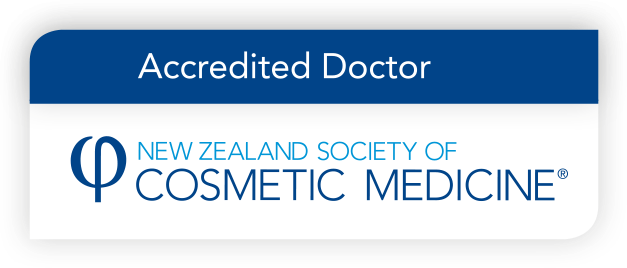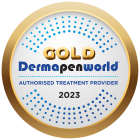Hyperpigmentation Treatments
What is Hyperpigmentation?
What is Hyper-pigmentation?
Hyperpigmentation is the darkening or increase in the natural colour of the skin, usually due to an increased deposition of melanin in the epidermis and/or dermis. Hyperpigmentation is a feature of many different clinical conditions. For example: Freckles, Lentigines, Melasma, Nevus of Hori , Post Inflammatory Hyperpigmentation and etc.
What causes Hyperpigmentation?
What causes Hyper-pigmentation?
There are a variety of factors that can cause skin pigmentation. It can occur due to skin damage caused by acne or sun exposure. The dark and discoloured spots are caused by the colour of your skin due to a certain amount of melanin. Melanin is a natural pigment that gives your skin, hair, and eyes their unique colour. Your skin may become darker or lighter due to changes in your body’s melanin production.



